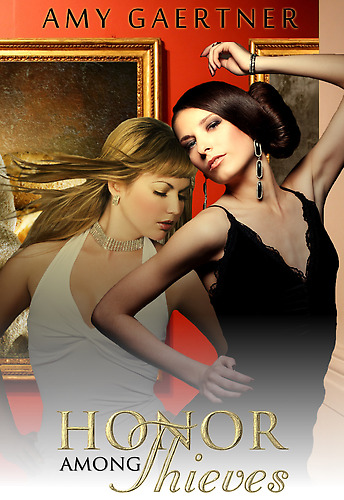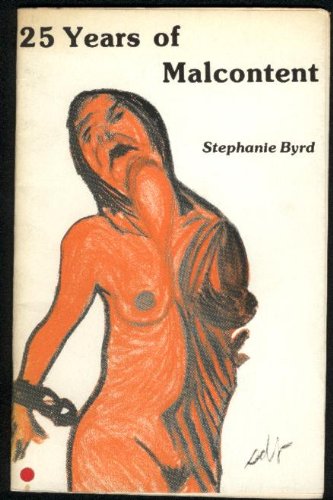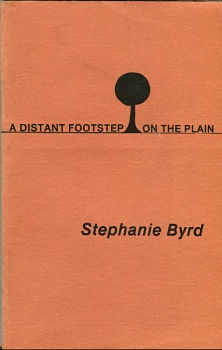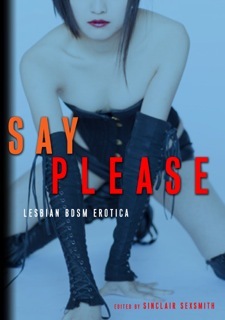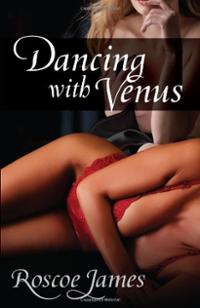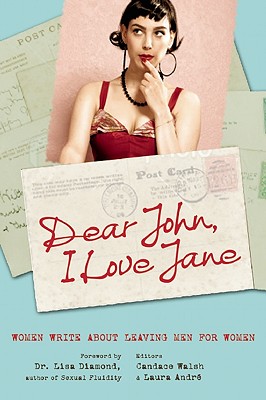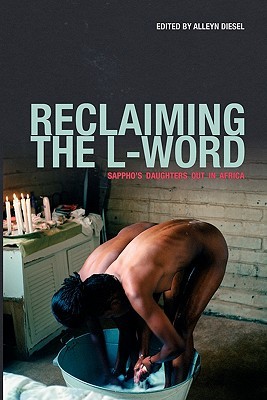Before my full review, I want to give everyone some content warnings for this novel. If rape makes you queasy, this might be a book to avoid; doubly so if rape of young girls drives you away from a book. Two of the characters, one of them a main character, are sexually assaulted at extremely young ages (nine and twelve). Also, not as much of an issue for me personally, but the lesbian partners in this novel are blood-related cousins. I’ll talk in more detail about it, but if you’re looking to avoid these things in your lesbian literature, this is something to keep in mind.
So, with that in mind, this is a novel written about the late 1800s, during which, as any self-respecting literati knows, Oscar Wilde’s affair with Lord Alfred Douglas (“Bosie,” as he was known) set England ablaze with fire. Before this time, homosexuality wasn’t exactly tolerated, but in most Western countries it was not specifically illegal. For LGBT+ people, Oscar Wilde is an extremely important historical figure. For the characters in The Persecution of Mildred Dunlap, he and his situation are of immediate importance. The judgment of him for his actions is the judgment of Mildred and her partner Edra, living together in the house Mildred inherited from her father. Mildred is treated poorly by her small town’s population despite being generous with her money and kind to everyone, as she is not conventionally attractive. Edra is conventionally attractive, but having survived being raped at nine, is afraid of people and distrustful. Mildred ventures into town for necessities but Edra does not, and rarely sees other people.
The story opens with the town’s talk of Wilde’s legal battles in England, and sets a clear tone of disapproval in the small town of any homosexuality. Prior to the story’s beginning rumors of two men engaging in homosexual acts ruined their families’ lives, with one of the men committing suicide. This is not a gay-friendly town. As Mildred’s situation comes to light, so does Charley’s: a young man deeply in love with his wife, who is dying of cancer. She dies early in the novel and Mildred, fearful of rumors regarding her relationship with Edra, devises a plan. She will feign interest in Charley, who she considers safe as he was so in love with his wife, and Mildred is so unattractive, that he’ll reject her. She won’t have to leave her comfortable life with Edra, and their relationship won’t be the speculation of bored, homophobic townsfolk. Mildred is the object of incredible vitriol by one townswoman in particular, Josie, who bears incredible hatred for her, though it becomes clear as the story progresses that her hatred is inherited from her family for the Dunlap family, and not specific to Mildred only.
After his wife Emma’s death, Charley is stricken with grief and only Mildred devotes any attention to his emotional well-being, visiting him often, making sure he’s eating, and bringing along his young niece for company. She does this not only out of concern and kindness, but to make it appear that she’s trying to move in on him now that he’s a widower. Edra is concerned that the plan will get out of hand and she’ll lose her comfortable life with Mildred. The tension between Mildred and Edna regarding Mildred’s duplicity, I felt, was kind of bizarre. Edra’s characterization is flat and two-dimensional, and she’s portrayed as consistently hysterical and weak as a result of being raped as a child. However, only a few years after the assault, Edra is the one to make a move on Mildred, fully recognizing at the age of twelve her sexual feelings for women in general, and Mildred in particular. This seems unrealistic and awkward, not because I doubt a twelve-year-old’s ability to recognize her sexuality, but because I doubt Edra’s ability at twelve years old to recognize her sexuality as being in character. Only in one other case does she show confidence and assertiveness, with insisting at one point that Charley leave their house because his presence upsets Mildred. The rest of the time she is hysterical, seems to be interested only in Mildred and their relationship, and at one point she misreads a note Mildred left to explain where she was going and with whom, believing Mildred has left her permanently for Charley. Finding this out she dissolves into a screaming fit and ends up stabbing herself. She isn’t a stable character and the way she attempted to seduce Mildred at twelve years old seems unrealistic.
Throughout the majority of the novel, the reader is left wondering along with Edra about Charley’s true feelings for Mildred. Is he in love with her? It isn’t clear for a long time, until he figures out the true nature of Mildred and Edra’s relationship and explains to her that there’s nothing between him and Mildred, and that she can trust him. Charley is consistently a “good guy” and respects everyone’s boundaries most of the time, with the exception of showing up unannounced to Mildred and Edra’s house after a misunderstanding and insisting that they listen to his side of the story. He’s a man interested in learning more about the world and morality, and develops an interest in reading and broadening his horizons.
Mildred’s plan backfires not because Charley is in love with her, but because the rumors about them spiral out of control thanks to Josie. Josie is another two-dimensional character, whose reasons for hating Mildred are, as I mentioned before, inherited. Mildred and Josie are distantly related, and while Mildred’s father became a successful landowner, Josie’s part of the family lost everything and became poor enough for her mother to sell her treasured belongings. However, Mildred isn’t the only subject of Josie’s harassment. A minor character, Helene, is a survivor of sexual abuse from a young age as well. Helene originally wants Mildred and Charley to be married, as Charley is related to her by marriage, but the more vicious Josie’s rumors become, the angrier Helene’s husband Frank becomes with Helene. Helene eventually wants nothing to do with the setup of Mildred and Charley, but is bullied into it by Josie. Attempting to juggle both her children, one of whom is a baby, with Josie’s bullying to be complicit in “confirming” that Charley has impregnated Mildred with a visit to Mildred’s home to see her condition, Josie tries hushing her baby with a sugar-covered spoon and discovers soon that her baby has died by choking on the spoon. She is found with her dead son in her arms completely traumatized, and she never recovers. Josie has a breakdown on witnessing this tragedy.
What I found most uncomfortable about this novel was the treatment of Helene. Helene is a woman who married with the sole intention of getting away from her sexually abusive father, is shown to be petty and selfish but actually receives some development and shows hesitance to follow what Josie wants of her, and the resolution of Mildred, Edra, and Charley’s problems are a direct result of the final nail in her coffin. The story benefits from a sexually abused woman who made a mistake resulting in the death of her son, whom she loved. Her daughter Mabel, Charley’s niece, provides Charley with someone to love and care for. The drama of finding her with her dead son in her arms having clearly choked on a spoon she gave him gave enough cover to the relationship between Mildred and Edra to be above speculation. Josie spreads rumors that lead to suspicion of deliberate violence against her son by Helene, who has to be admitted to a psychiatric institution in the nearest city to avoid criminal charges. It’s assumed by the townsfolk that Mildred’s attachment to the town and her land is what keeps her from following Charley to the city, rather than her relationship with Edra. I thought Josie’s breakdown would lead to a recovery and development of her character, but instead of becoming stronger as a character she becomes weaker, cruelly accusing Helene to her friends of deliberately killing her baby. She doesn’t go unpunished, but neither does a punishment do anything to her character; Mildred arranges for her husband to be forced to leave the town and take his family with him. Josie’s reaction to being forced out of her home, an obvious fear of hers after her breakdown, is never addressed. This is a lesbian novel, yes, and in the end Mildred and Edra are able to be happy together with as much freedom as possible in the late 1800s, but it’s at the expense of a woman character whose life is ruined beyond redemption. I find it unbearably sad that the resolution of conflict couldn’t come at either the expense of a petty character with no development, or preferably at the expense of no one. Tragedy is not always deep, and even if the ending tragedy doesn’t belong to the lesbian couple (for once in lesbian literature) I sincerely wish it hadn’t belonged to a woman at all. I also sincerely wish that sexual abuse and assault had not been used as dramatic tools, as I feel this is overused against women. The stereotypes in this novel are cringeworthy, with the “pretty” lesbian being a sexual assault survivor, and the “ugly” lesbian being unwanted by men. These are tropes I could do without, though they do have their place in this story. They are, however, in my opinion indicative of weak writing. Drama and tension in women’s lives don’t necessarily have to mean a background of sexual assault or being looked down on as unappealing to men. In the end, even though this is a story about lesbians, it’s still extremely centered on men. You could argue that this is so because it is historically accurate, but it would be just as historically accurate to write lesbians who couldn’t be said to love each other due to a bad history with men. It’s easy, especially for heterosexual people, to trivialize lesbian sexuality as an exception to the heterosexual rule by explaining us as having had traumatizing relationships with men or being rejected by men, which makes lesbian sexuality still male-oriented. Mildred and Edra embody this type of exceptional phenomena and while they’re never shown to have any attraction to men, Edra fears that Mildred’s receipt of male attention will change her feelings. Lesbian though they are, their sexuality could be considered a male-centered reaction rather than legitimate sexual and romantic attraction to each other, and it seems unrealistic that this is never addressed or explored in the story.
Overall, The Persecution of Mildred Dunlap was uncomfortable for several reasons. However, if you’re looking for a novel featuring a lesbian couple who kiss a few times, are legitimately in love with each other, and don’t die or become separated at the end, this might be the book for you. I was personally saddened too much by it to call it a “happy ending.”


